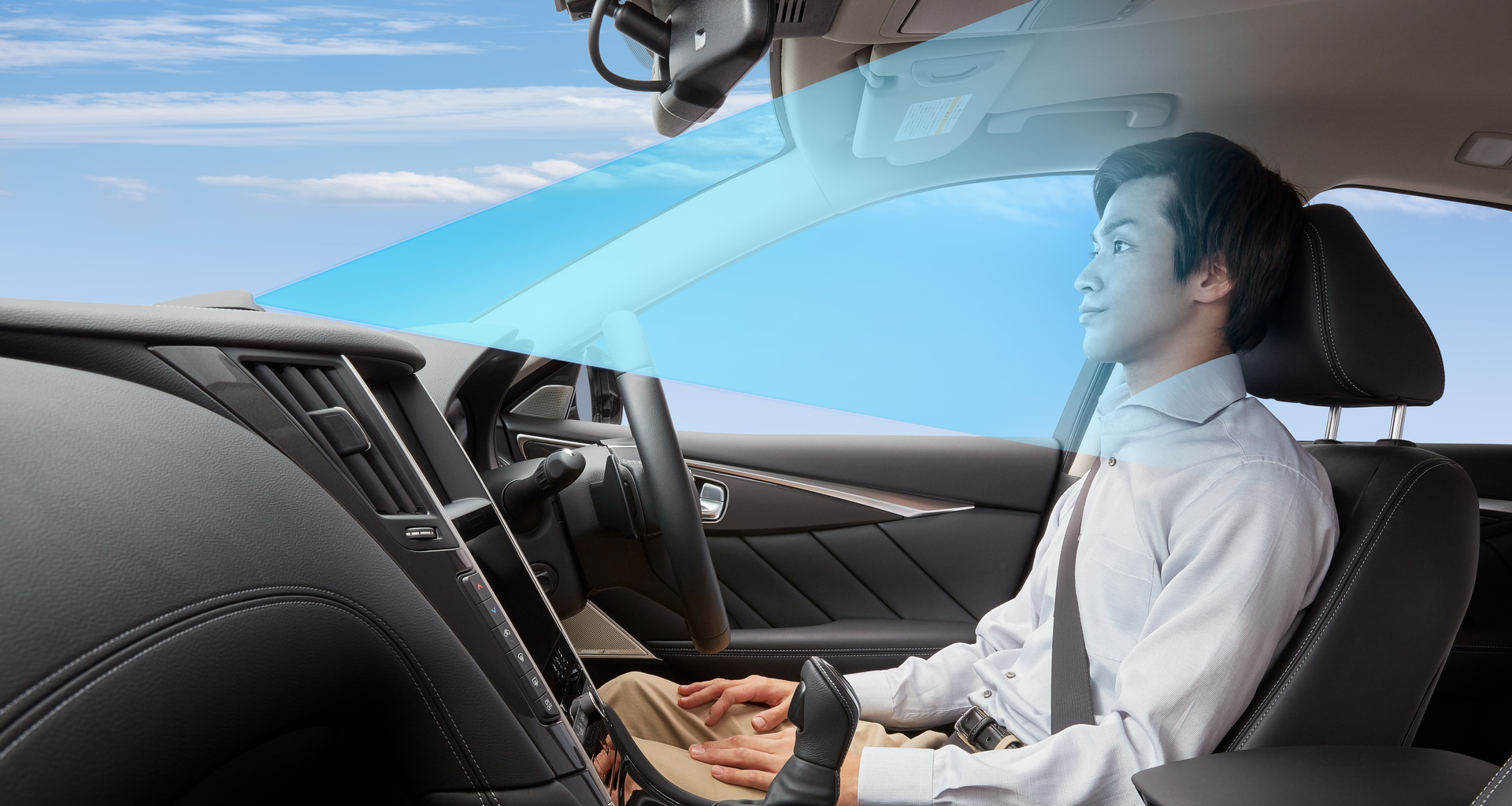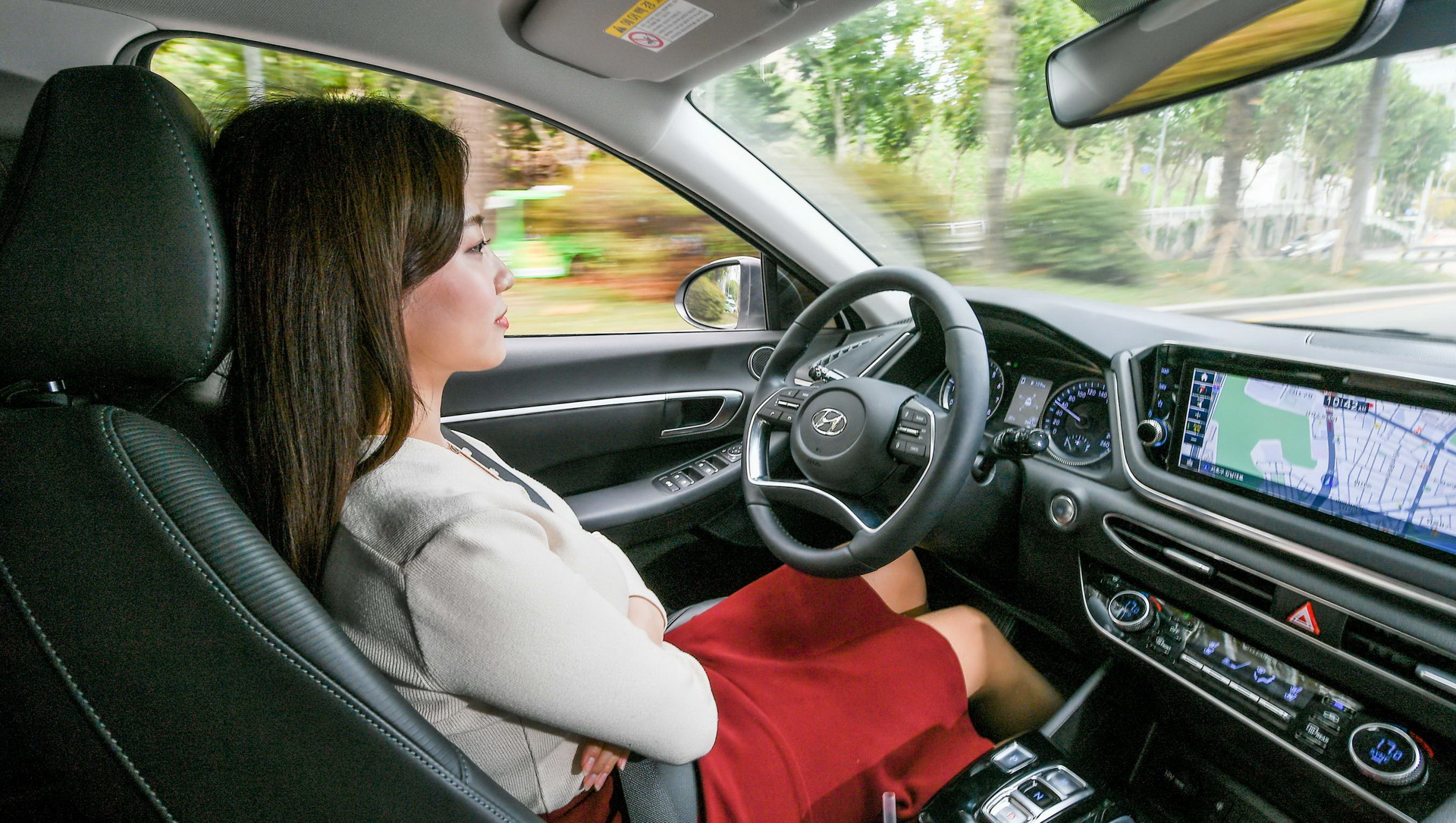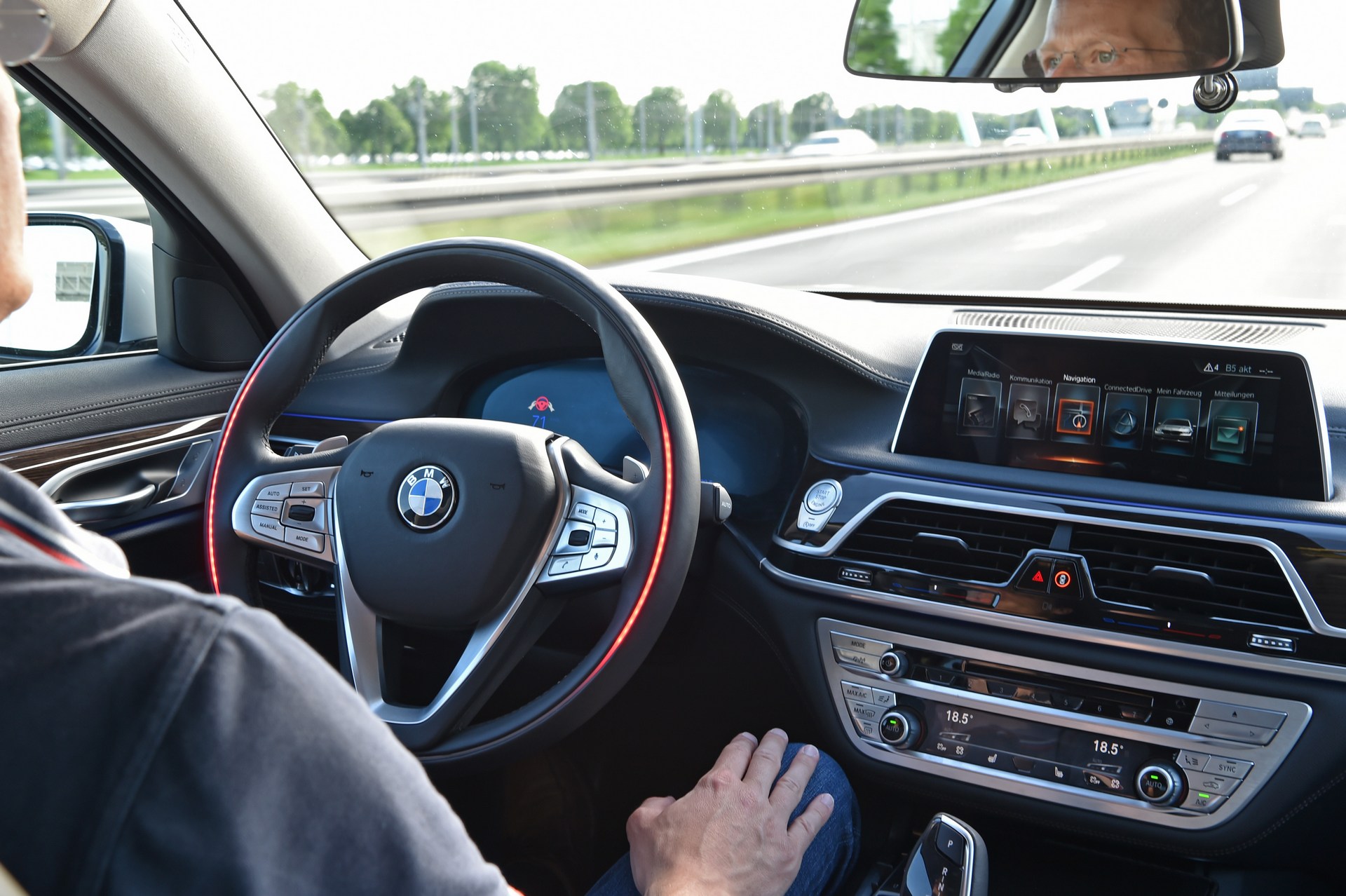It wasn’t that long ago that some people within the automotive industry were claiming that fully autonomous cars would be on the road by the year 2020.
However, the reality appears to be quite different, with multiple top executives now saying that we need to be more patient, blaming costs and complexity, as well as more pressing issues that need addressing, such as electrification.
Of course, the fact that customers are now aware that accidents can still happen even when the computer is controlling the car certainly doesn’t help the situation – a recent Deloitte study found that consumer trust in autonomous cars “has slowed sharply in the past year.”
Read Also: Hyundai Working On World’s First AI-Based Cruise Control Tech
Meanwhile, Volvo boss Hakan Samuelsson spoke to Autonews Europe recently, saying that the development of their autonomous car program turned out to be “a bit more challenging technically than we originally thought.”
The Swedish carmaker will be “very careful to avoid bringing out something that is perceived to be automated, and is not”, because such a thing might give drivers a false sense of security.
The PSA Group is on-board with a slower approach as well, with CEO Carlos Tavares stating: “We don’t see customer value on the driving assistance systems beyond Level 3 for affordability reasons. Beyond that, we see that the cost increase skyrockets and the value doesn’t increase proportionally.”
Of course, this doesn’t mean that major carmakers aren’t working on Level 4 and Level 5 technologies. Besides, if they won’t, the likes of Uber and Waymo certainly will, which wouldn’t be good for business.
“Level 4 or Level 5 will be interesting for shared mobility like autonomous shuttles or robotaxis,” added Tavares. “Those cars are shared among many users, and therefore they can be more expensive. They will be used in simplified environments with dedicated lanes and clear signage.”
Bentley CEO Adrian Hallmark took it one step further, saying that at some point, fully autonomous electric vehicles could even replace certain flights within continental Europe.
“Let’s say you could do 200 mph (322 km/h), safely for three hours. Where could you get to? You could do most of Europe.”
It’s safe to say that that scenario is not going to happen anytime soon – due mostly to the technical difficulties of sustaining such a speed for three continuous hours.
Still, Hallmark acknowledges that fully autonomous cars will not be feasible for several decades.
“From our perspective, there will still be people who want to drive, and you will still be allowed to drive for many years to come.”
Surely this has to be music to the ears of any petrolhead who was fearing that his or her days behind the wheel might have been numbered.






